This column originally appeared in the December 8 Lynden Tribune.
Welcome to the chilly days of December! As we get into these dormant, barren winter months, there is little we can do with plants to really add excitement to a yard. Birding, however, is one thing that can bring activity and entertainment to the view outside your window this winter (and year-round) with very little effort. Here are a few things to keep in mind whether you’re new to birding or want to enjoy more success in your endeavors.
First, choose a good location to place your bird feeders. Make it visible from your house—after all, you deserve to enjoy watching the little critters—but be sure it’s a location they’ll feel safe with. If you choose too busy a location, you’ll be unlikely to see much activity as birds feel uncomfortable eating in public, so to speak.
Second, pick out the feeders best suited to your goals. You may have the most activity at your feeders if you offer a full spread of seed mixes and suet, but nothing says you have to offer everything. If you want to start off small, buy a feeder designed for black oil sunflower seed. To attract more of the small birds in our area, get a feeder that accommodates niger (sometimes called thistle or nyjer) seed. What style you choose is entirely up to you—as long as it’s clean and seed is accessible, birds don’t care what your feeder looks like.
What they do care about, however, is seed. Simply put, birds are picky eaters. If you’ve ever taken the time to watch a sparrow sit at a sunflower seed feeder, chances are it throws away nearly half of all the seeds it picks up. That can add up to a lot of mess around your feeders, not to mention the number of volunteer sunflowers you have to pull! But you really have no other option, right?
Wrong! Like the old saying goes, you get what you pay for—and judging by the way your birds treat the seed in your feeders, it looks like you got the bargain stuff. The fact is, a 50-pound bag of bargain seed may cost less initially, but you’ll ultimately save money upgrading to a higher quality seed that you use less of in the long run. Moreover, you’ll save yourself a lot of wasted time refilling feeders. At Vander Giessen’s, we carry a great line of bird seed by Cole’s. Our favorite aspect of the black oil sunflower seed is that there’s no mess. Because it has such a high oil content and has been extensively filtered, there are virtually no bad seeds for the birds to throw away, meaning no sunflowers to weed out of your flowerbeds.
Lastly, if mischievous squirrels have you frustrated and wanting to give up on feeding birds, try Cole’s Flaming Squirrel Seed Sauce. Simply mix this chili-based liquid with bird seed before filling your feeders. Birds can’t taste the spicy flavor, but it will drive squirrels (and other mammals, for that matter) crazy. We’ve just started carrying it at Vander Giessen’s, and you’ll likely find it at specialty bird supply stores, too.
As we get into the cold, dreary days of winter, bring some life to your yard by putting out a couple bird feeders. You’ll enjoy the activity of non-migrating chickadees, sparrows, and some finches, among others, and they’ll appreciate the food during these scarce months. Finally, I want to wish you a Merry Christmas! May you enjoy a blessed season with family and friends—and together we’ll look forward to another year of gardening in 2011.



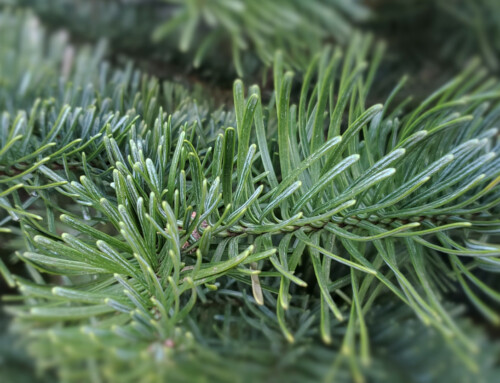
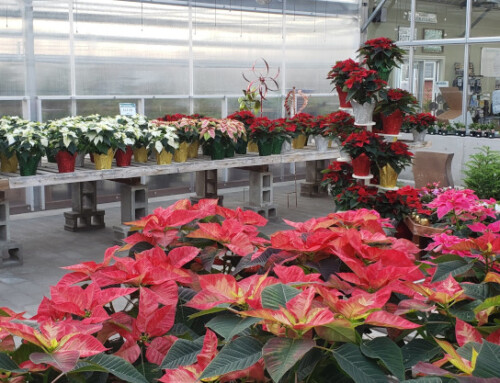
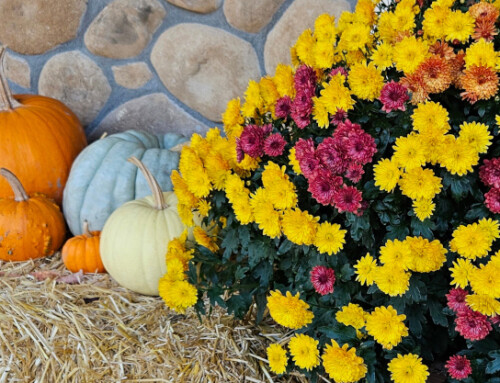
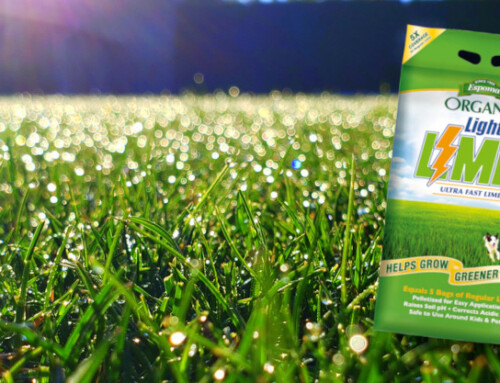
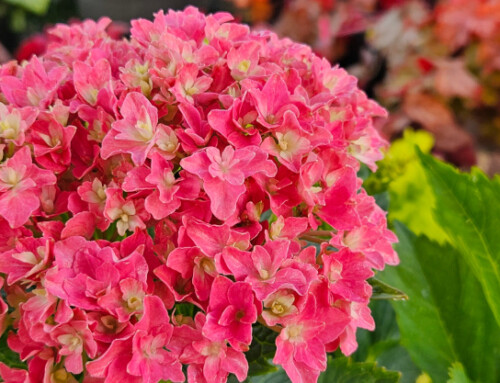
Leave A Comment